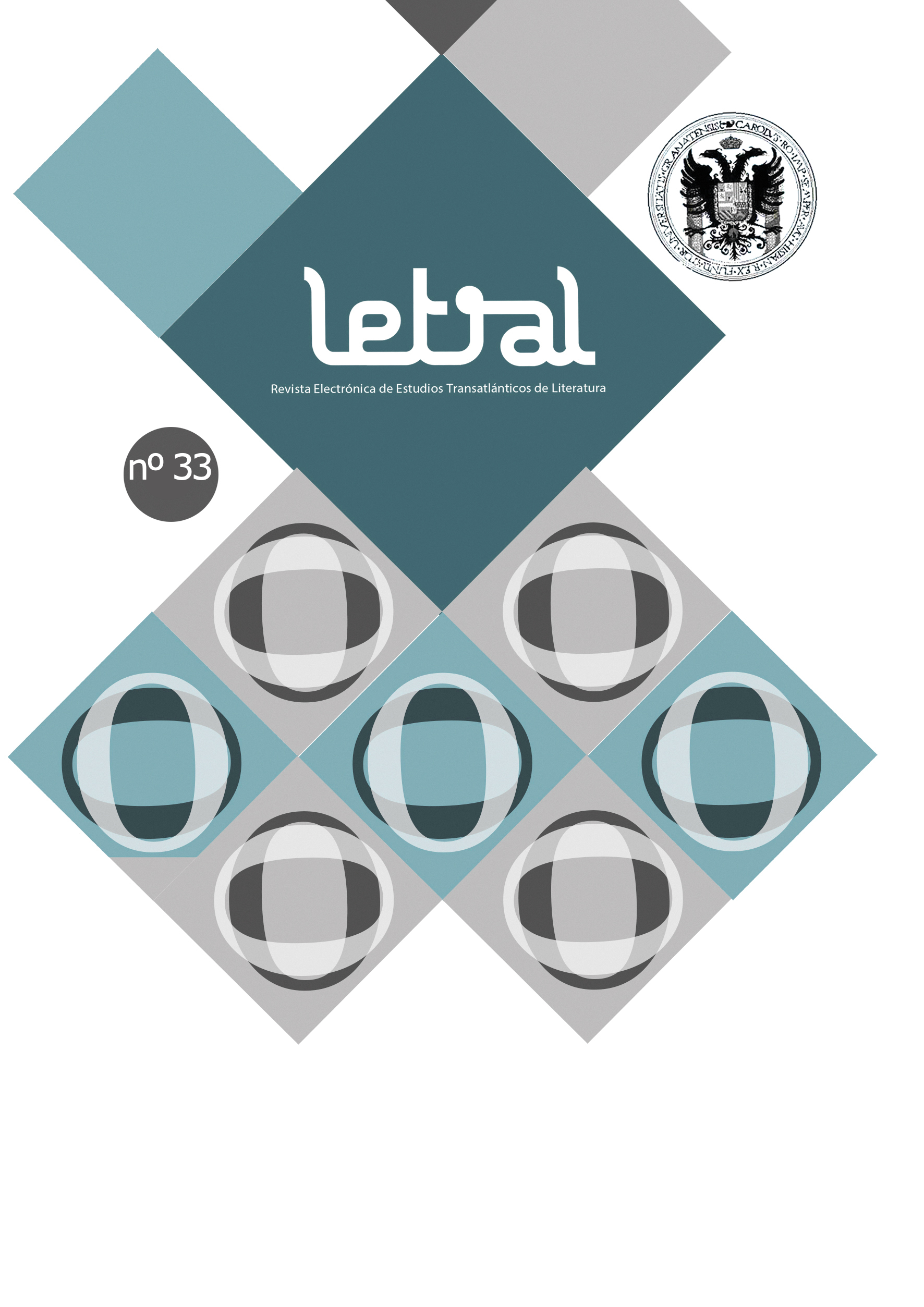Latin Americanism’s Academic Infrastructures after the Pandemic
Keywords:
Infrastructure, Latin American Studies, Pandemic, HumanitiesAbstract
This article tries to elucidate a first image of the impact of the COVID-19 pandemic on Latin American studies by inserting them into the framework of global academic infrastructures. Weaving experience, theory, and a review of the data collected after the health crisis, I defend the thesis that understanding Latin American studies as an infrastructure reveals a more protracted process of transformation and disintegration that the pandemic only exacerbated. In the end, I outline some horizons on what routes the field could take to process the crisis and find ways to survive the deterioration of its institutions.
Downloads
References
Abdrasheva, Dana et al. Resuming or Reforming? Tracking the Global Impact of the COVID-19 Pandemic on Higher Education after Two Years of Disruption. París, UNESCO, 2022.
Adorno, Theodor. Minima Moralia: Reflexiones Desde La Vida Dañada. Traducido por Joaquín Chamorro Mielke. Madrid, Taurus, 1998.
Arguedas, José María. El zorro de arriba y el zorro de abajo. Edited by Eve-Marie Fell, 2. ed., 1. Reimpr. París, ALLCA XX, 1997.
Berlant, Lauren. “The Commons: Infrastructures for Troubling Times*”. Environment and Planning D: Society and Space, no.3, vol. 34, Junio 2016, pp. 393–419.
Borges, Jorge Luis. “Valéry como símbolo”. Otras inquisiciones. Buenos Aires, Emecé Editores, 1966, pp. 105–07.
Bradburn, Norman et al. State of the Humanities 2022: From Graduate Education to The Workforce. Cambridge, MA, American Academy of Arts & Sciences, 2022.
Carey, Kevin. “The Bleak Job Landscape of Adjunctopia for Ph.D.s”. The New York Times, 6 Mar, 2020, https://www.nytimes.com/2020/03/05/upshot/academic-job-crisis-phd.html.
Cowen, Deborah. The Deadly Life of Logistics: Mapping Violence in Global Trade. Minneapolis, University of Minnesota Press, 2014.
Degiovanni, Fernando. Vernacular Latin Americanisms: War, the Market, and the Making of a Discipline. Pittsburgh, University of Pittsburgh Press, 2018.
Easterling, Keller. Extrastatecraft: The Power of Infrastructure Space. London, Verso, 2014.
Hamilton-Honey, Emily. “The Humanities’ Scholarly Infrastructure Isn’t in Disarray – It’s Disappearing”. Inside Higher Ed, 10 Aug. 2022, https://www.insidehighered.com/views/2022/08/10/humanities-scholarly-infrastructure-vanishing-opinion.
Moulier Boutang, Yann. Cognitive Capitalism. Traducido por Ed Emery. Cambridge, UK, Malden, MA, Polity Press, 2011.
Popp Berman, Elizabeth. Creating the Market University: How Academic Science Became an Economic Engine. Princeton, NJ, Princeton University Press, 2012.
Rulfo, Juan. “Luvina”. El llano en llamas. México DF, Fondo de Cultura Económica, 1964, pp. 94–104.
Siskind, Mariano. “Modernismo global y literatura mundial: reflexiones sobre las dislocaciones cosmopolitas del significante francés”. Revista Chilena de Literatura, nº. 96, dic. 2017, pp. 13–28.
Downloads
Published
How to Cite
Issue
Section
License
Copyright (c) 2024 Rodrigo Del Rio

This work is licensed under a Creative Commons Attribution-NonCommercial 4.0 International License.
Revista Letral is an open access journal under a Creative Commons Atribución-NoComercial 4.0 license.
The works published in this journal may be reused, distributed and publicly presented for non-commercial purposes, provided that: cite the authorship and the original source of the publication (journal, publisher and URL of the work).
We strongly recommended you to share our published articles in social and scientific networks, institutional and public repositories, personal or institutional websites, blogs, Google Scholar, ORCID, ResearchID, ScopusID, etc.
The journal allow the author(s) to hold the copyright and to retain publishing rights without restrictions.
We are completely free, both for readers and authors.












